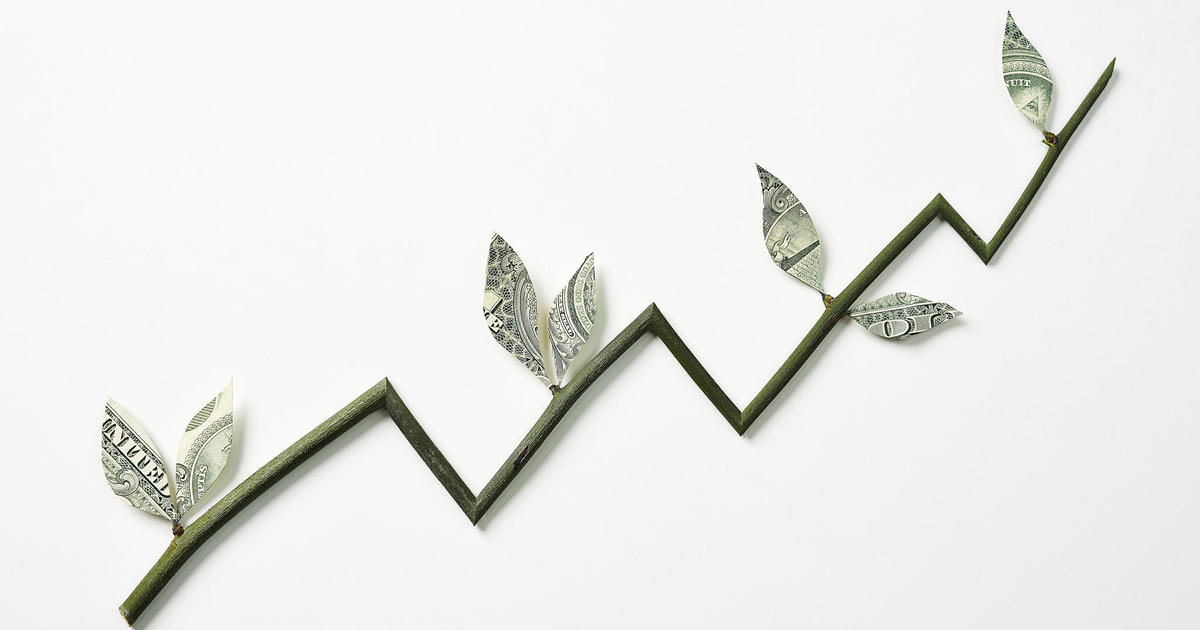Federal Reserve Chair Jerome Powell calls for more economic stimulus
Federal Reserve chair Jerome Powell once again called on Congress and the president to do more to help the economy, warning that Washington is in danger of making the same mistake it made after the 2008 financial crisis.
"All of us lived through the years after the global financial crisis, and for a number of those years fiscal policy was very tight," Powell told reporters on Thursday in a virtual press conference, following a meeting of Fed policy makers in which the U.S. central bank decided to keep its short-term benchmark rate near zero.
"Further [economic] support is likely to be needed to avoid further spread of the virus and help individuals who, with the expiration of the CARES Act payments, are seeing their savings dwindle." Powell was referring to the Coronavirus Aid, Relief, and Economic Security Act, passed in March, which increased unemployment benefits, provided loans for small businesses and sent $1,200 relief checks to most Americans.
Powell said the Fed's regular meeting, held just days after the election, included discussions about the still-undecided presidential contest, but that the election was "not a central focus of the meeting."
Powell cautioned that the coronavirus remained an economic threat, though a less dire one than it was in the spring. "Tail risks have subsided, but we see what is happening in Europe and we need to be humble," said Powell. With COVID-19 surging, France and the United Kingdom have imposed new lockdowns, while Germany partially shut down businesses and Italy issued restrictions in some regions.
In its official policy statement on Thursday, the Fed said that it was ready to do more to boost job growth, but thought it was limited in how much more help it could offer the economy.
"The path of the economy will depend significantly on the course of the virus," the Federal Open Market Committee, the central bank's rate-setting panel, said in the statement. "The ongoing public health crisis will continue to weigh on economic activity, employment, and inflation in the near term, and poses considerable risks to the economic outlook."
Thursday's call for more stimulus from Powell was something the Fed chair has been repeating for a few months now. "Too little support would lead to a weak recovery, creating unnecessary hardship for households and businesses," Powell said in a speech delivered to an economic conference last month. A lagging recovery would also worsen existing inequalities, which Powell said would be "tragic."
"If it was tragic last month not to get stimulus, don't see why it wouldn't be tragic again," observed Vincent Reinhart, formerly a top Federal Reserve economist and now a strategist at BNY Mellon.
The election results could complicate passage of more stimulus, however. Wall Street analysts predict that any package is likely to fall well short of the $2.2 trillion dollar proposal that Democrats have been pushing for since the summer. If Joe Biden, who currently leads President Donald Trump in Electoral College votes, takes the White House and Republicans retain control of the Senate, partisan gridlock could limit the scale of relief Congress is able to offer, or even block more stimulus altogether.
That would likely spur the Fed to keep its short-term interest rates near zero for a longer period of time in order to offset the lack of government spending, economists and investment analysts say.
Investors seem to be anticipating that outcome. The rate on the long-term 10-year Treasury bond, which is set by investors buying and selling bonds, had been inching toward 1% for the first time since March. (Rates fall as demand for a bond increases.) On Wednesday, bond buying forced down the interest rate on the 10-year government debt to just below 0.8%, showing that investors were looking for safety and increasingly worried that economic growth could dry up.
"It is incumbent on the Fed to make a forecast that is contingent on what economic policy will happen at the federal level," said BNY Mellon's Reinhart. "They have to be more worried about it now."



